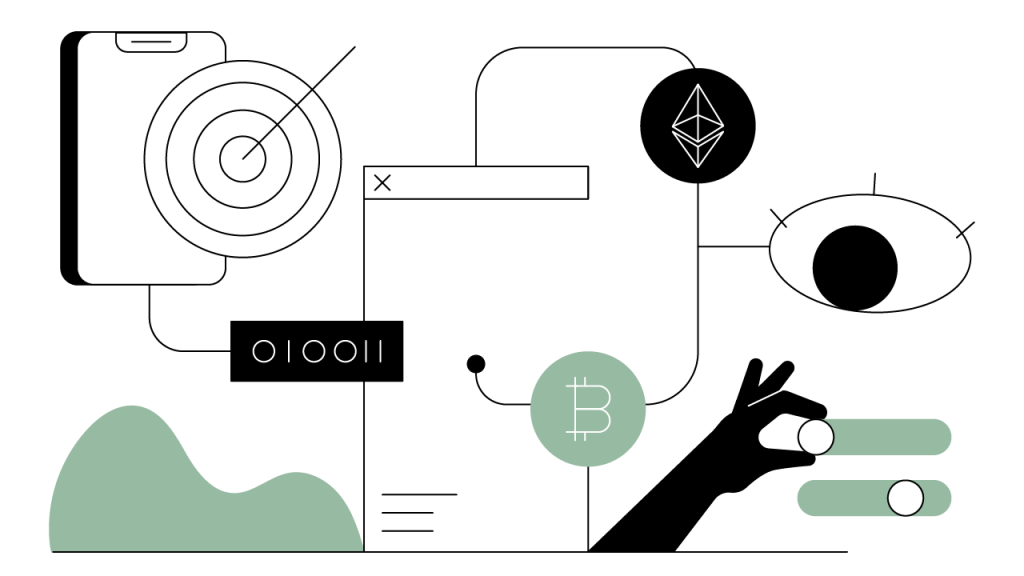What Is a Crypto Exchange?
We answer that question here, but with a few twists you might not have known about.

Summary
A crypto exchange is a platform for buying and selling cryptocurrencies. In addition to trading services, crypto exchanges also offer price discovery through trading activity, as well as storage for crypto. Before crypto exchanges, people were only able to acquire crypto through mining or by organizing transactions in various online and offline forums. Today, there are hundreds of crypto exchanges offering an array of digital assets and varying levels of security and associated fees. It’s up to you to find the exchange and digital assets that suit your particular needs, price range, and security expectations.
Types of Crypto Exchanges
A crypto exchange is a platform for . Some crypto exchanges offer a variety of products and services, while others exist purely for buying and selling . You should consider your individual financial goals and risk tolerance when making decisions about which exchange to use. Below are a few of the different crypto exchange types you might encounter:
Brokers: Some traditional securities brokers, though not pure crypto exchanges, can act as intermediaries between the cryptocurrency markets and investors who want to buy and sell digital assets. Anyone can visit an online broker and purchase cryptocurrencies at prices set by the broker. An over-the-counter broker (also known as an ) is typically used when executing a large buy or sell order (think 200 BTC, not 2 BTC). This prevents that may happen when making a on an exchange.
Traditional Crypto Exchanges: These platforms facilitate the buying and selling of digital assets based on daily market prices. They often charge fees for transactions. Some exchanges deal only in cryptocurrency; others allow users to trade fiat currencies, like the U.S. dollar, for cryptocurrencies like bitcoin (BTC). There are two main types of exchanges: centralized and decentralized.
Centralized Cryptocurrency Exchanges: A is overseen by a third party (called an exchange operator), which helps to ensure that customer sign up and trading runs smoothly. These platforms make it quick and easy to link your bank account or debit card to buy crypto. However, this ease of access usually comes with fees to the exchange operator, on top of the asset purchase. On many centralized exchanges, investors can buy and sell digital assets with both .
Decentralized Cryptocurrency Exchanges: Blockchain and cryptocurrency were designed with the belief that currency should not require a central authority to oversee its movement and usage. A , lacks third-party oversight, is open source, and depends on . DEXs also often require more technological skill and intimate knowledge of cryptocurrencies to use than centralized exchanges.
How Crypto Exchanges Work
Crypto exchanges match buyers with sellers. As with a traditional bank account, if you want to buy and sell on most crypto exchanges, you first need to register. Once you complete the and have been authenticated, your account is opened and you can transfer funds (fiat or digital currency) onto the platform, which you can then use to make purchases.
Choosing a Crypto Exchange
Crypto exchanges, both centralized and decentralized, are relatively new (Bitcoin Market, started on March 17, 2010, was the first crypto exchange) so it's important to do research before picking one to use. Because and some crypto exchanges to date have succumbed to hacking, it’s critical to consider a variety of factors when selecting an exchange, including but not limited to:
Deposit/withdrawal limits
Fees
Payment methods
Regional restrictions and regulations
Reputation
Verification requirements
It’s up to you to find the crypto exchange and digital assets that suit your particular needs, price range, tolerance for risk, and security expectations. It’s also important to be aware that some crypto exchanges are mobile-only, some require powerful, specialized computers, and that each has varying levels of security and associated fees.

Author
Is this article helpful?
